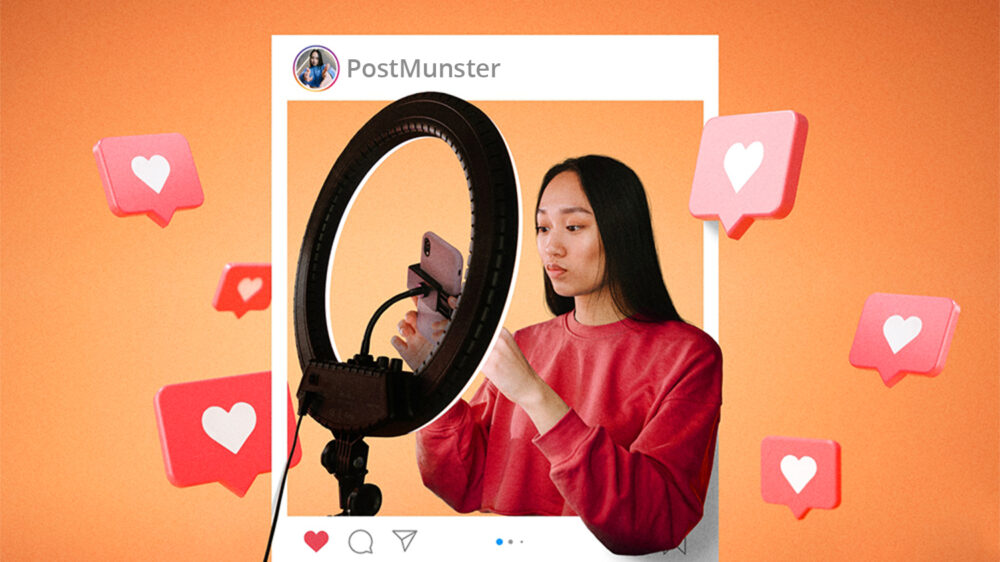Marketing isn’t a silver bullet. It’s not a flashy Instagram post or a viral TikTok…
Influencers: A gamble worth taking or a marketing mirage?

The allure of influencer marketing is hard to ignore. Like a freshly shaken martini or the glossy veneer of a new gadget, it promises intrigue, attention, and the occasional buzz-worthy moment. But for business owners, the big question looms: is investing in influencers a brilliant strategy or just another flashy trend that costs too much and delivers too little?
Quick Truths
- Not all influencers are made equal, and not all are a good match for just about any business.
- Influencers only do part of the work, they get people to your brand, it is the brand’s job to do the rest.
The case for influencers: Why they might be worth it
Let’s give credit where it’s due. Influencers are the digital equivalent of town criers (only with better lighting and less shouting). They can amplify your brand, build credibility, and sometimes, just sometimes, drive sales. Here’s why they’re tempting:
- Catapulted reach and supercharged exposure
Your business could reach thousands, sometimes millions, of eyeballs with one post. And if those eyeballs belong to your target audience, you’re golden. Think about local businesses partnering with niche influencers who have a dedicated following—these collaborations can create awareness faster than you can say “boosted ad.”
- Social proof
When someone influential raves about your product or service, it’s like getting an endorsement from the cool kid in high school. Their followers trust them, and that trust can transfer to your brand. Caveat, they don’t have to be influencers, just influential.
- The possibility of good content
Good influencers don’t just sell; they create. They bring style, storytelling, and photography skills to the table. You’re not just paying for their audience; you’re paying for a mini ad campaign, ready to be repurposed across your channels.
- Increased audience-to-brand engagement
Influencers’ followers often interact with their posts more actively than with a traditional ad. The right collaboration can drive conversations, boost clicks, and even get customers through your doors.
“If people believe they share values with a company, they will stay loyal to the brand.” – Howard Schultz
The Cons: When Influencer Marketing Goes Sour
Ah, but there’s always a flip side, isn’t there? Influencer marketing isn’t all champagne and conversions. Here’s where it can fall apart faster than a flat soufflé:
- Costs without guarantees
Big-name influencers can charge exorbitant fees, and even micro-influencers expect compensation (be it cash, products, or services). And here’s the kicker: there’s no guarantee that their audience will take action. You might end up spending your budget on a flashy post that brings little more than a fleeting “like.”
- Audience misalignment
Imagine paying an influencer to promote your luxury brand, only to find their audience consists of budget shoppers who have no intention of buying. It happens more often than you’d think.
- Authenticity issues
If an influencer doesn’t genuinely believe in your product, their endorsement can come off as hollow. Worse, audiences are savvier than ever and can spot a forced promotion a mile away.
- Limited control
Once the deal is done, the influencer holds the reins. They’ll craft the post, choose the tone, and select the visuals. If their interpretation of your brand isn’t quite right, tough luck.
- Short-term impact
Sure, influencer posts can generate a quick burst of interest. But then what? Without a broader strategy to sustain engagement, that initial buzz can fade like yesterday’s trending hashtag.
-
Fake followers
Some influencers pad their numbers with bots and fake accounts. Paying for access to a “ghost” audience is not just frustrating; it’s a waste of money. -
Potential backlash
If your campaign appears too influencer-heavy, it could backfire. Customers might view it as inauthentic or, worse, resent that you’re offering freebies to influencers while they pay full price.
Conclusion
Influencers can be powerful allies for your brand—if you choose wisely and manage expectations. But they’re not a magic bullet. Approach influencer marketing with the same critical eye you’d use to evaluate any investment. Is it right for your business? Does the influencer align with your goals? Will it create long-term value?
As you decide, keep in mind that influencer marketing, like any relationship, takes effort, mutual respect, and a clear understanding of what both sides bring to the table. Don’t just chase the sparkle. Aim for substance—because that’s where the real value lies.
And remember: when in doubt, trust your gut. Or better yet, your accountant.


